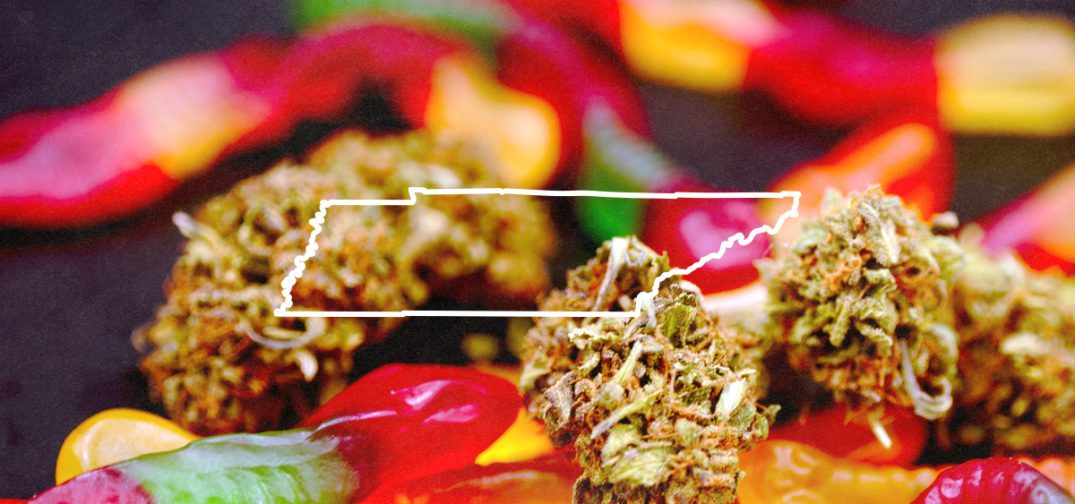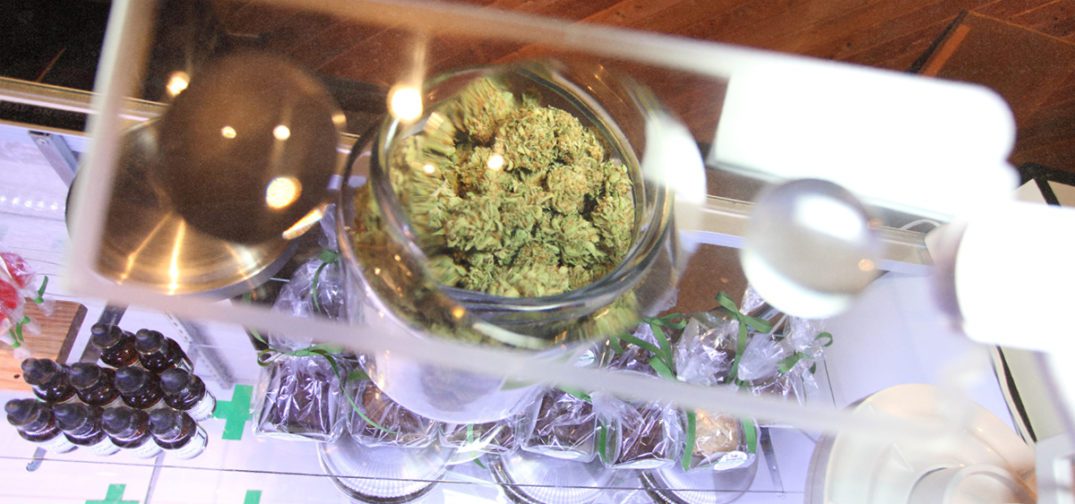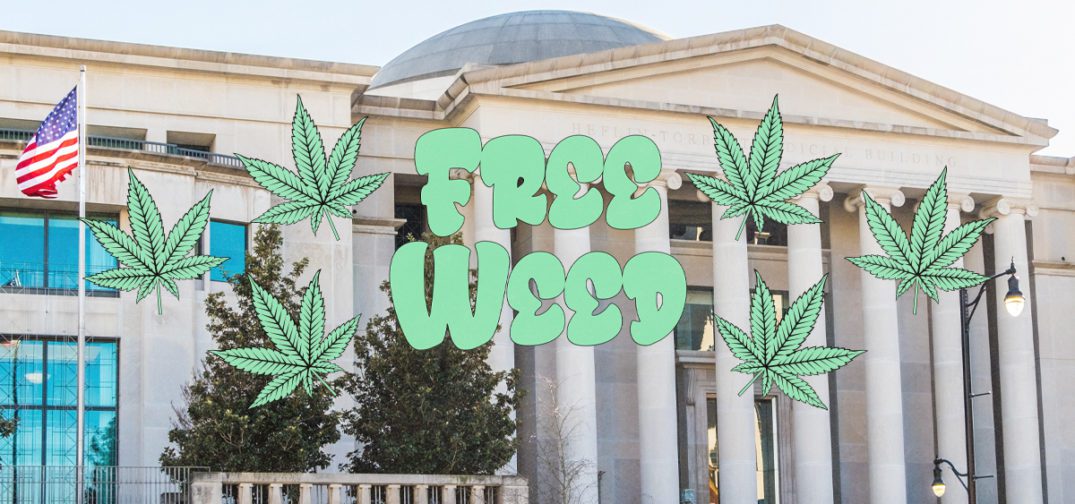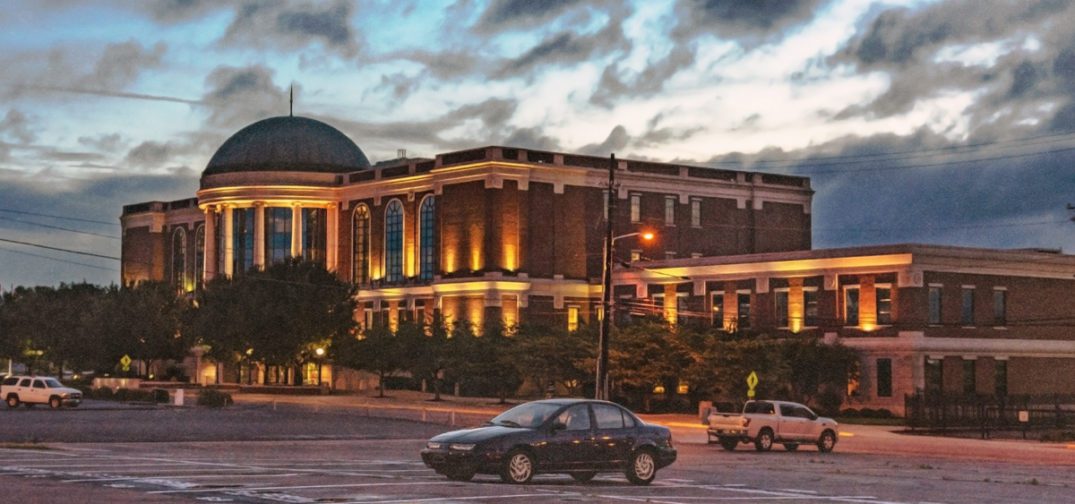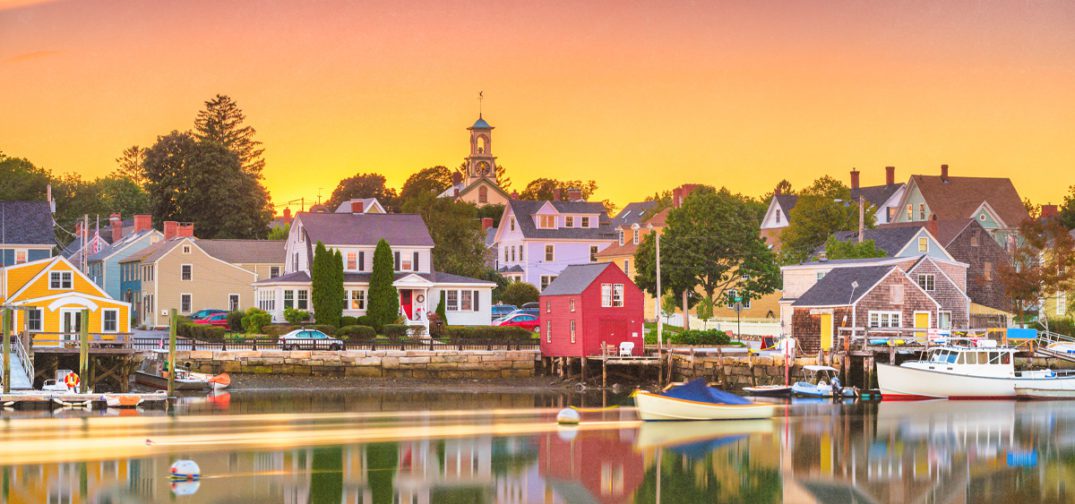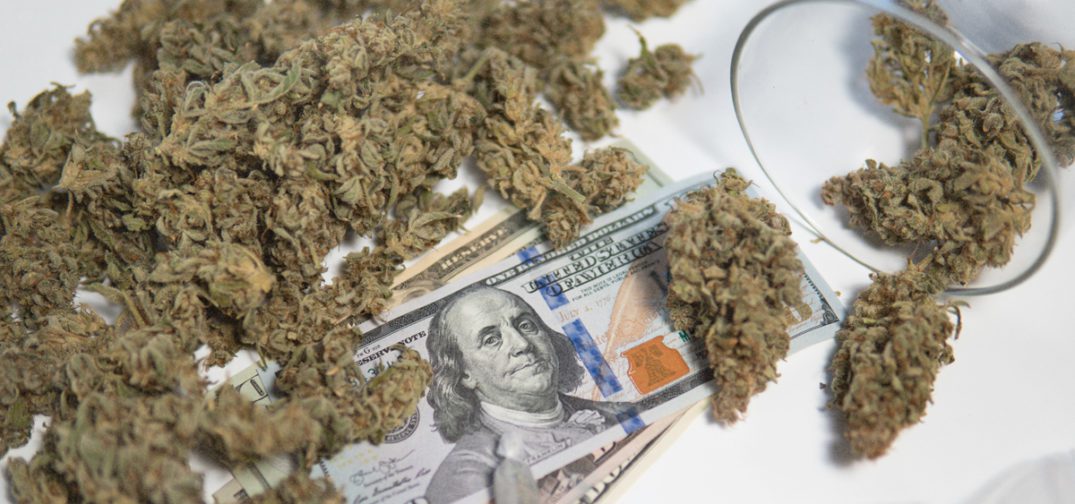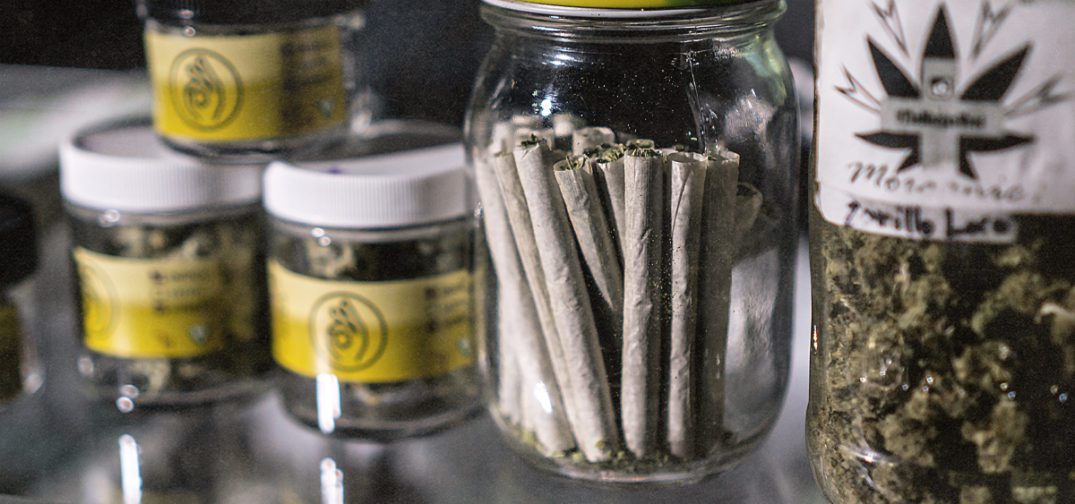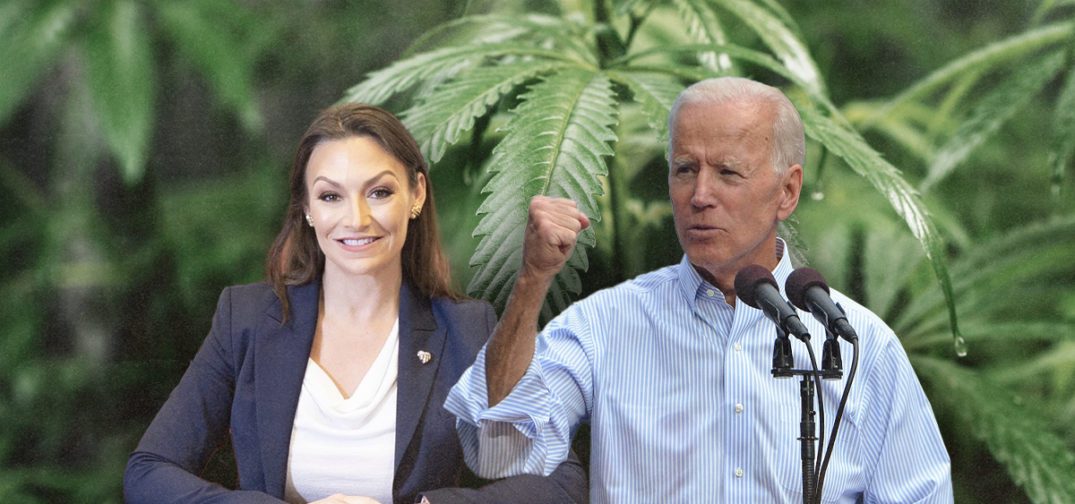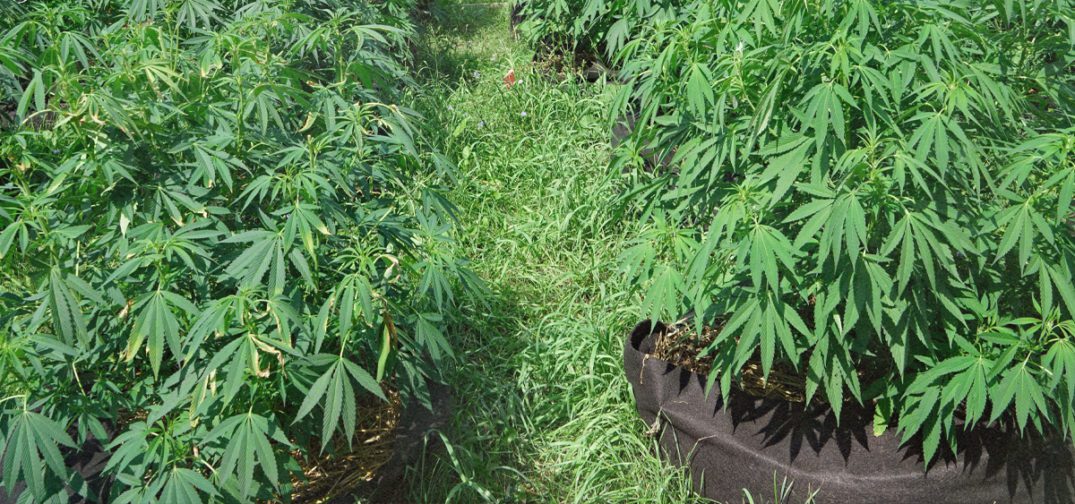This article was written by Gaspard Le Dem (@GLD_Live on Twitter) and originally published by Outlaw Report.
Adam Eidinger’s activism has taken on many forms over the years.
At home in D.C., he’s best known as the Phrygian-cap wearing, 51-foot-joint carrying local who in 2014 successfully spearheaded I-71, a historic ballot initiative that legalized the use of recreational weed in the District.
But Eidinger has never stopped at just pot proselytism. He’s been arrested more than a dozen times for protesting things from genetically modified organisms (GMOs) to the International Monetary Fund. For the last year or so, he’s been hard at work getting another proposal on D.C.’s next ballot — this time to increase the minimum pay for tipped workers, like restaurant employees.
Earlier this month, the 48-year-old decided it was time to embark on a different kind of mission, far away from the daily grind of D.C. politics.
As Russia’s brutal invasion of Ukraine was getting underway, Eidinger started trying to figure out how to get vital supplies to Ukrainians fleeing their war-torn homes to neighboring countries. He could have donated money to the Red Cross or to any other international group responding to the crisis, but as a grassroots organizer, he felt he needed to do things his own way.
“I started looking into ways to get relief supplies fast,” Eidinger told The Outlaw Report. “It wasn’t really ideal to me to just give money to a big group and trust that it was going to get there.”
He called an old friend at the Grassroots Aid Partnership—a North Carolina-based nonprofit that provides food to disaster zones—and the two started planning the mission.
In a little over a week, they had found funding, gathered supplies, and assembled a small crew of 10 volunteers—many of them from Eidinger’s network of weed activists—to deliver essential goods to the Ukrainian border. The obvious choice would have been to head to the Polish border where the crisis has been the most intense, but they settled on Romania, which has seen the second largest influx of Ukrainian refugees.
So on March 22, the volunteers flew to Bucharest with roughly 2,000 pounds of supplies that included feminine hygiene products, tylenol, underwear, socks, energy bars, nuts, and about $30,000 worth of vegan chocolate.
“We wanted to bring things that we knew were hard to find for folks and that could show the love,” Eidinger said.
Eidinger managed to get Dr. Bronner’s, a socially-engaged soap company he has worked with since 2001, to donate thousands of Magic All-One Chocolate bars, a name that nods to the company’s support for legalizing psychedelics. (To be clear, the chocolate doesn’t contain any mind-altering substances.)
“It’s very useful to have chocolate in a war zone, it turns out,” Eidinger said, pointing to the high-energy snack’s use by American soldiers during World War II.
The crew split up into smaller teams that spread out across the country, hoping to get a clearer picture of the needs on the ground and to plug into existing volunteer networks.
Among them was Kristin Furnish, the co-founder of Maryland Marijuana Justice and a regular on D.C.’s cannabis activism scene, and Jon Lubecky, a Marine Corps and Army veteran who has fought for legalizing psychedelic drugs like MDMA (ecstasy) for treating PTSD and other mental health conditions.
“He’s a good guy to have around because he’s situationally aware a little more than most,” Eidinger said of Lubecky.
Eidinger’s team wound up going to Siret, a small town on Romania’s northern border with Ukraine that has seen a steady influx of refugees who arrive by car, bus, and on foot.
“We saw everything from weapons and supplies being brought in, to loads of foreign nationals who had been stuck in bomb shelters for the entire war and were trying to go back to their countries,” he said.
Though cannabis is still illegal in Romania, the volunteers quickly found fellow weed enthusiasts on the ground, especially among aid workers. “People were using cannabis to de-stress after going out on a 12-hour shift, day after day, working with refugees,” he said.
After eight days in Romania, the group ran out of supplies and headed home to the District. Immediately, Eidinger started planning a second trip, this time to the Polish border, where his friend Mike Zuckerman had set up a Burning Man-inspired encampment to welcome refugees.
Soon, Eidinger and his gang were off to Warsaw, with about half as many supplies and a reduced crew of just five volunteers. They rented a van and visited multiple refugee centers, dropping off supplies at warehouses and occasionally making their way into Ukrainian territory.
Though he said he never feared for his safety in Poland, Eidinger said he worried the supplies wouldn’t make it to the refugees. Fortunately, he benefited from the network Zuckerman had already set up. “They knew who was legit and who wasn’t, and we didn’t have to create that from scratch,” he said, adding that he would get photo confirmation when goods had arrived.
On Thursday, Eidinger was on his way to the District back from Poland, already planning his next move, a May 9 demonstration to urge the U.S. Drug Enforcement Agency to allow terminally-ill patients to try experimental psilocybin therapy.
He also had his sights on a third humanitarian mission to the Ukrainian border. “I realized this trip that I absolutely have to come back. And we have to bring more stuff. And we have to get better at what we’re doing too.”
But rather than bringing chocolate, this time he hopes to bring trauma kits for civilians injured on the battlefield. At least 4,890 civilians, including hundreds of children, have been killed or injured in Ukraine since the Russian invasion began, according to a Tuesday update from the UN High Commissioner for Human Rights.
“This is about the civilians,” Eidinger said. “They’re dying in bigger numbers than the soldiers. Their whole towns are being leveled. It’s apocalyptic for them,” he said.
Eidinger said he’s concerned the U.S. government is too focused on supplying arms to Ukrainian soldiers, while civilians aren’t getting the basic relief they need.
“We’re late to the game as Americans here, and we need to step up to have everybody’s back.”




